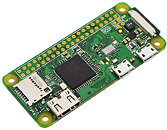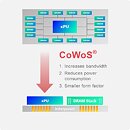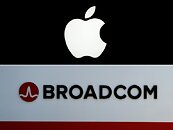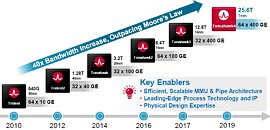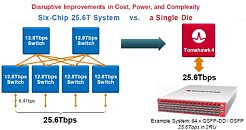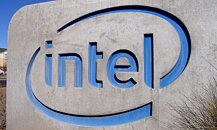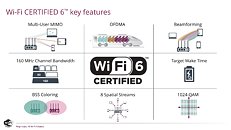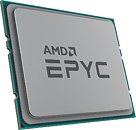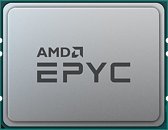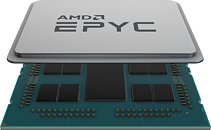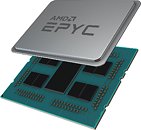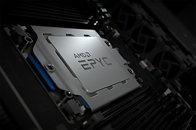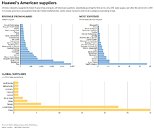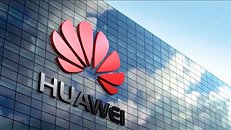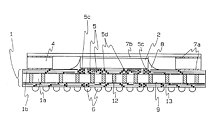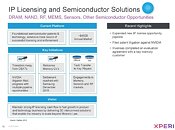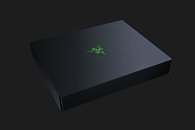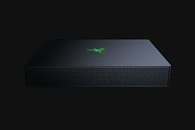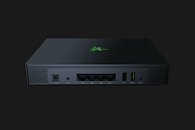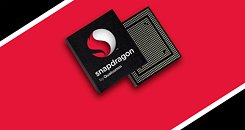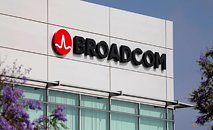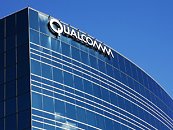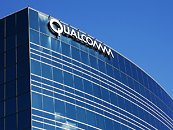Newbie Ventilator Manufacturers Turn to Raspberry Pi as the Brains of Their Life-saving Devices
The unprecedented demand for ventilators in the wake of the COVID-19 pandemic, has pushed many firms from various industries to re-tool their production-lines to make them. A big chunk of these makeshift ventilator manufacturers are from the automobile and aerospace industries. A ventilator isn't as simple a device as it sounds. It's not a mechanized ambu bag. It is an intelligent device that assists in respiration by precisely combining oxygen and ambient air specific to the patient's needs, and assists them in expiration. This requires a microprocessor-based control. Established biomedical equipment manufacturers use their own ASIC-based electronics for their ventilators; but the likes of General Motors don't have time to develop custom electronics. Enter the immensely versatile Raspberry Pi.
By leveraging Arm-based SBCs (single-board computers) such as Raspberry Pi, with its plethora of modern- and legacy I/O options, makeshift ventilator manufacturers are able to quickly design functional devices. All they have to do is write code for it. Even the cheapest $5 Pi Zero board with its GPIO interface suffices to run embedded Linux and code that runs the ventilator's hardware. Eben Upton, CEO and Founder of Raspberry Pi, says that demand for the Pi Zero is at an all-time high. The company manufactured over 192,000 units of the SBC in Q1-2020, and plans to scale up production to 250,000 per quarter, going forward. The Pi Zero features a Broadcom BCM2835 single-core Arm SoC and 512 MB of RAM, with a microSD slot for storage. That's plenty of brains to run a ventilator and save lives.
By leveraging Arm-based SBCs (single-board computers) such as Raspberry Pi, with its plethora of modern- and legacy I/O options, makeshift ventilator manufacturers are able to quickly design functional devices. All they have to do is write code for it. Even the cheapest $5 Pi Zero board with its GPIO interface suffices to run embedded Linux and code that runs the ventilator's hardware. Eben Upton, CEO and Founder of Raspberry Pi, says that demand for the Pi Zero is at an all-time high. The company manufactured over 192,000 units of the SBC in Q1-2020, and plans to scale up production to 250,000 per quarter, going forward. The Pi Zero features a Broadcom BCM2835 single-core Arm SoC and 512 MB of RAM, with a microSD slot for storage. That's plenty of brains to run a ventilator and save lives.
